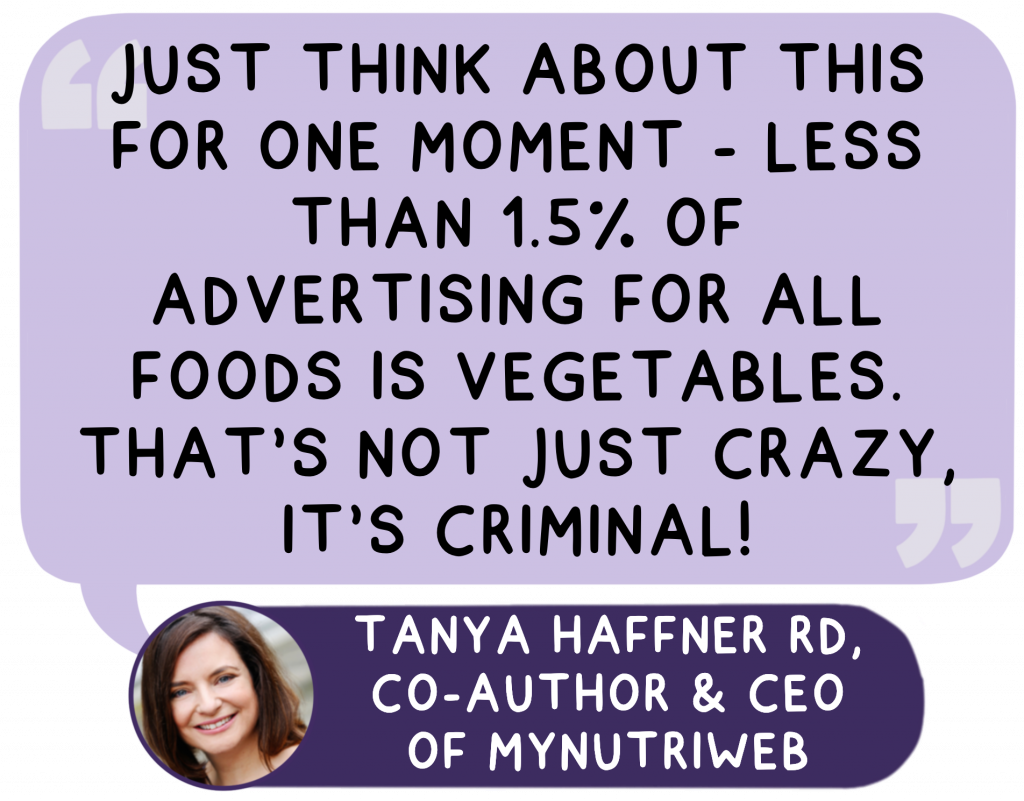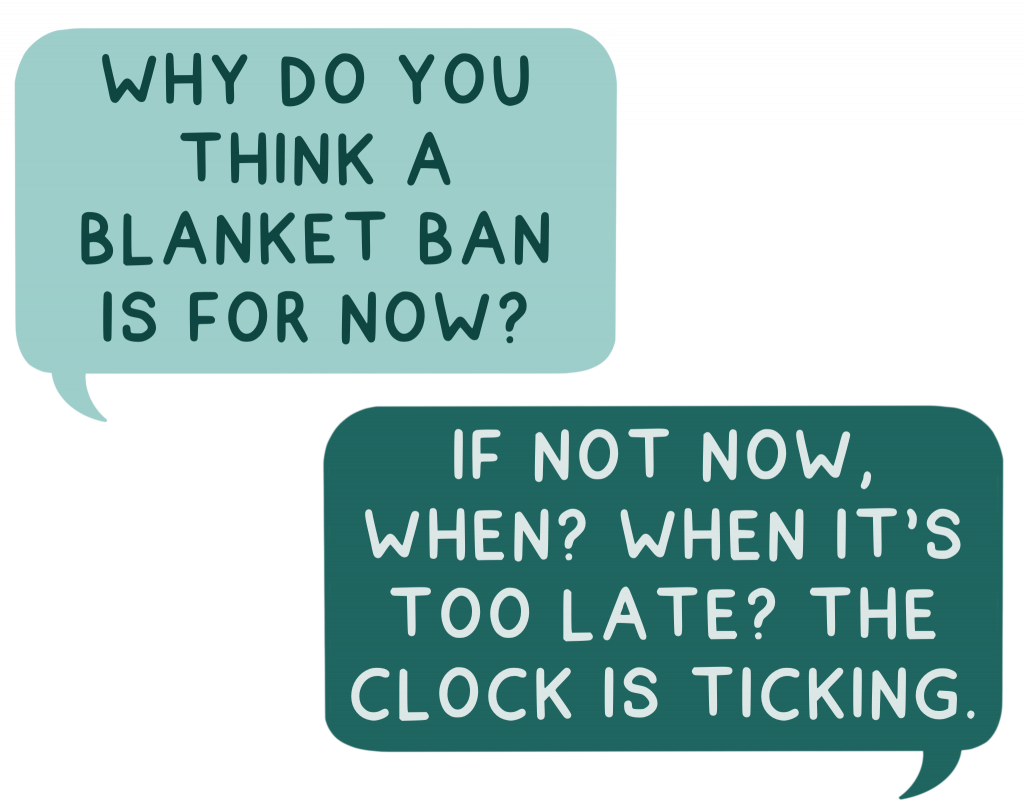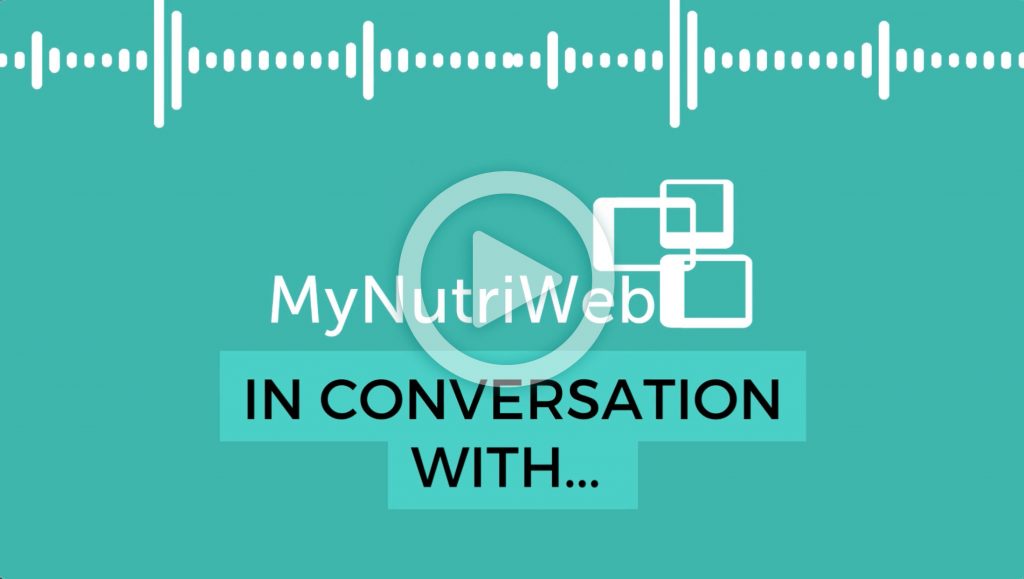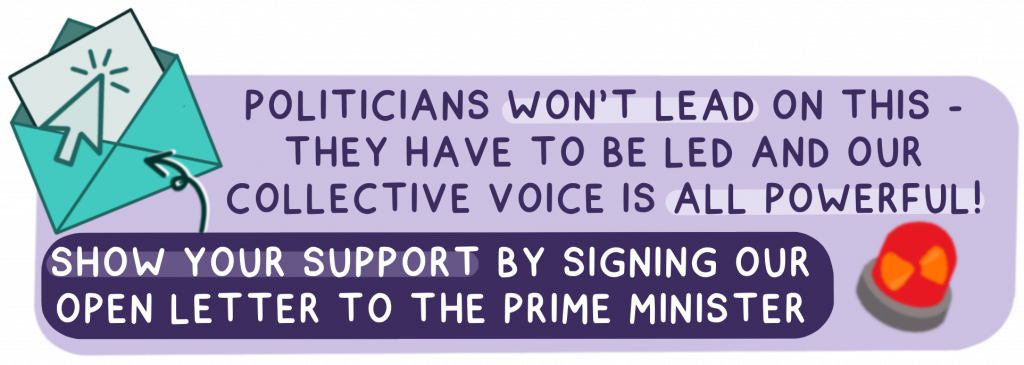A new policy document on food marketing written by our CEO Tanya Haffner and colleagues Amy Culliford, Public Health Nutritionist and Dr Rosalind Sharpe, Senior Research Fellow, Centre for Food Policy, City University of London will be distributed across parliament and to key stakeholders.
We caught up with authors Tanya, Amy and Rosalind in the run up to the release of this publication to understand more about its focus and what drove its creation.
In this blog, Tanya shares more insight about the publication, and the how and why behind this important collaboration with the Food Research Collaboration at City, University of London
Can you give us the topline on this paper?
The publication fundamentally recognises that marketing drives increased purchase and consumption of high fat, salt and sugar (HFSS) foods, which are damaging our health and that of our planet and how a blanket ban on unhealthy marketing is needed. It also explains how we can achieve this now and how it can be one of the biggest levers for changing the way we eat for the good.
How did the paper come about?
When the National Food Strategy was launched in September 2021, MyNutriWeb organised a roundtable discussion with varied leading experts. We examined and discussed the landmark report, asking important questions and explored ways of collaborating for action on creating a healthier more sustainable food system, ahead of the government setting out its promised white paper. In this discussion I shared my thoughts on the power of food marketing, discussing how this could be one of the biggest leavers for change. Rosalind Sharpe was one of the expert guests who listened to my rambles and to my delight later invited me to write a policy paper on this. I then approached co-author Amy to help me complete the work and that’s how we ended up here.
What really motivated you to create this paper?
At its core it’s what gets me out of bed in the morning. Aside from my family getting me up of course, it relates to the desperate need for us all to change the way we eat to avoid preventable mass ill health and worse still, mass extinction, which I am feeling with more urgency each day.
We all need food to survive, but the way we produce food today is neither healthy for us or the planet. It is now widely accepted that we need radical food transformation, on a global scale. Even if we achieve on fossil fuel targets, we will not prevent the rise in global temp to 1.5 °C above pre-industrial levels without changing the way we eat. Right now, the good news is that it’s still possible to feed healthy and sustainable foods to a growing population. We have just enough resource left but we have to act fast. There are fundamental implications for how we produce, distribute, consume and waste food and to get there we simply have to question everything we know about food and learn to eat again. It undoubtedly has to be a multisystem approach and I am constantly thinking about the biggest levers – one of which I believe is food marketing.
How can marketing make a difference?
For almost 30 years now, I have been working to help improve, transform and communicate about nutritious healthy and sustainable foods and systems both in NHS roles and later in collaboration with food businesses. I have worked as an integral support member to 100s of food companies and organisations spending a significant part of my career supporting marketing teams and their agencies where I have witnessed incredible impact and success. It is evident that we can use advertising and marketing to create a healthier system and environment that helps people to eat well, but only if we can reform all marketing to be healthy marketing. We have to shift eating habits of not just segments but whole populations very quickly and imposing a blanket ban on all unhealthy food and drink marketing could be one of the biggest catalysts for change.
I have had the privilege of interviewing and spending time with Dan Parker, Chief Executive at Veg Power, who is a remarkable marketer and communicator. He is on a mission to get kids to eat more veg. Marketing is a highly sophisticated emotional manipulation machine. Dan really brought this idea front of mind for me. Marketing teams identify people’s most sensitive needs and emotional buttons and then use media to press those buttons to encourage people to buy more and more of the things they want them to buy – be that food, clothes, tech or any other commodity These highly sophisticated behaviour change strategies are tested and re-tested to get them perfect. And it works time and time again.
Through my conversations with Dan, I was reminded that by and large we don’t eat food based on knowledge or rational decisions – the majority of our decisions are driven by emotions, consciously and sub consciously. In addition, the intensity of the way we now lead our lives, means we often choose foods on impulse or by default. Unfortunately, in our current food system the default by and large is not healthy.

When you realise that we are operating on an emotional level it starts to change how we should be operating on a public health level – talking more to people’s hearts to inspire change. Being inspirational, aspirational, non-preachy in messaging.
Since the introduction of mass marketing in the digital space, food marketing has become even more impactful. Now marketing teams can create content that seeps into people’s lives which they share with their family and friends, effectively shaping our culture.
A big part of this is influencer marketing. For a price, influencers with huge, highly engaged audiences will very authentically promote products. Most of these major influencers are unregulated which regards to health and nutrition claims, meaning they can effectively do what they want. This is the “hidden”, more subtle and all too often dark side of advertising that consumers don’t necessarily recognise as advertising. On top of that, social media companies provide brands with all the data interest points that they need to target their ideal customers and sell their products. This is all fantastic and highly precise, which would be great if we were promoting healthy foods but the fact is the majority are not. Our paper highlights numerous stats on this. But just think about this one for a moment – less than 1.5% advertising for all foods is vegetables. That’s not just crazy, it’s criminal.
Why do you think a blanket ban is for now?
If not now, when? When it’s too late? The clock is ticking.

More critically I know that many food manufacturers and retailers now want to do the right thing, significantly more than ever in my almost 30 year career, but many are saying to me that they are being prevented from doing so because of competition. This includes board members whom I have interviewed. It’s brave and risky for established brands to change for good when there isn’t a level playing field. Livelihoods are at stake and this has to be understood. A level playing field created by policy including a blanket ban on advertising and promotion of any unhealthy food and drink, introduced with notice would catalyse innovation and one of the biggest most sophisticated machines into healthy innovation like we have never seen before. It can absolutely be phased in over 2-3 years giving time for adjustment. The food sector is worth more than guns, tobacco and oil combined and has the funds and expertise to pivot fast. Bite Back 30 and others have done extraordinary work on calling for a ban on unhealthy advertising to our most vulnerable – our children before 9pm. Further to this, 82% of people in London were on board with banning unhealthy advertising on London underground. We feel that this has not gone far enough. It means currently that we accept that its ok to have unhealthy food and drink promoted to us all. Is this what we really want when we have time to think about it? It feels like Carpe Diem.
How can the MyNutriWeb community support this mission?
History has shown the human race to overcome enormous crisis before. There is hope because there is opportunity – marketing is one of the big opportunities. Politicians won’t lead on this – they have to be led and our collective voice is all powerful. So, if you would like to support a blanket ban on unhealthy food marketing, we urge you to sign our open letter to the Prime Minister and share with your friends, family and wider network. We need as many as possible to get government to take action, fast.









It’s time for change! Time to stop promoting the ridiculous food halos and start creating communications that show people how to eat real, delicious, food that nourish their bodies, that’s quick to prepare and cost effective.
I have too many questions for yourself/team regarding any dietary/planetary health guidelines… 😅
We need to stop the promotion of foods that are poisoning our bodies and promote real for
We need to stop poisoning ourselves
There is a third party that is not mentioned. The government. We need more action and legislation around food. The government should invest more in healthy food and promote salt, fat and sugar reduction in food products. No more BOGOF promotion on unhealthy food high in sugar, fats and/or salt.
I completely agree. I would like to see more advertisement on vegetables too, maybe showing kids little animation about how they can be good.
What would the return on investment be for a food company marketing only healthy food items?
Will the companies be able to right-off the unhealthy food production and investment if they are no longer promoting them?
I think we need to look at ways of involving young people in ways to encourage healthy eating and be aware of how our eating habits are influenced. They are our future.